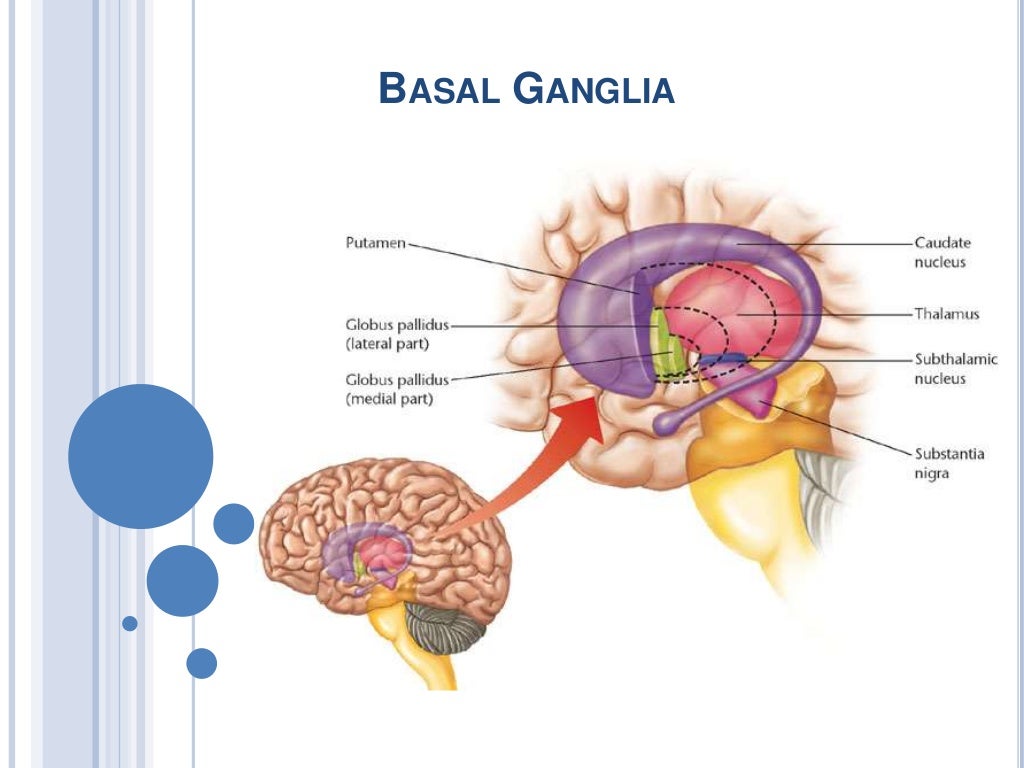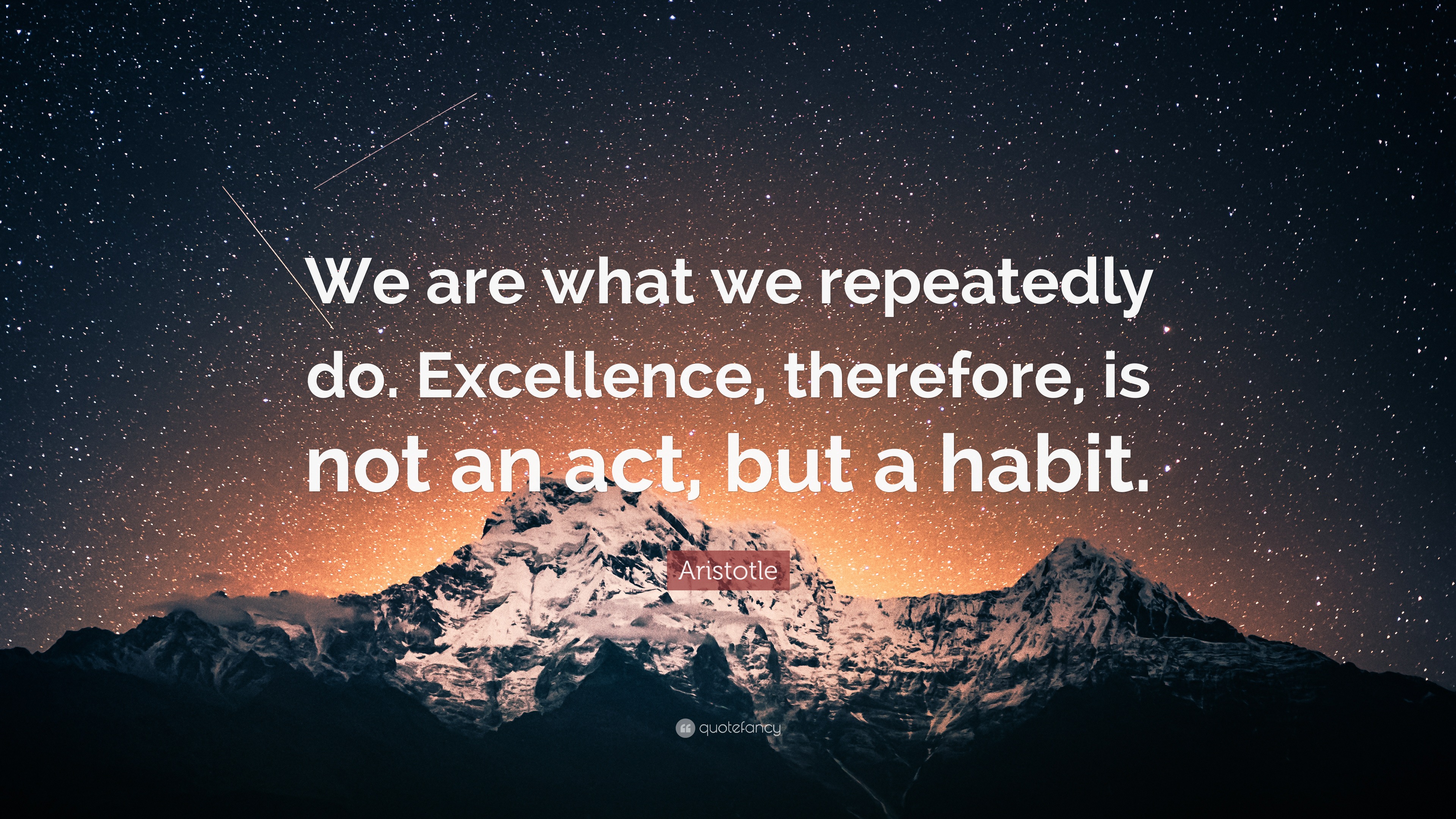The Psychology of Successful Habits: Harnessing Routines for Positive Change
We all have habits, be it reaching for that morning cup of coffee or scrolling through social media before bed. But did you know that behind these routines lies a powerful psychological process that can lead us toward achieving our most significant goals?
 |
| Habits are the architects of our lives; build wisely 📷source |
The Science Behind Habits
Habits are sequences of actions performed automatically in response to specific cues. The brain is naturally wired to create and rely on habits to save cognitive energy. Think about when you first learned to drive. Initially, every step, from adjusting your seatbelt to checking the mirrors, required deliberate thought. But after a while, it all became second nature.
In 2005, a study at Duke University found that more than 45% of our daily actions aren't decisions but habits. This phenomenon is due to a part of our brain called the basal ganglia, which plays a crucial role in developing patterns and routines.
 |
| Science of Habits: The Basal Ganglia 📷source |
The Three Components of a Habit
1. Cue: This is a trigger that initiates the habit. It could be a location, time, emotional state, or even a preceding action.
2. Routine: It's the behaviour you automatically engage in after recognizing the cue.
3. Reward: This is the positive reinforcement your brain receives after completing the routine.
Harnessing Habits for Success
Start Small: Establishing a new routine doesn't mean overhauling your entire life. Want to be more active? Instead of a rigorous daily gym routine, start with a short walk every day.
Stack Habits: Build on existing habits. If you already have a morning coffee routine, pair it with a few minutes of meditation or reading.
Be Consistent: Habits are all about repetition. The more frequently you perform an action, the quicker it becomes a routine.
Celebrate Small Wins: Recognize and celebrate your successes, no matter how small. This encourages your brain to continue the behaviour.
 |
| 📷source |
The Power of Positive Change
Understanding the psychology of habits is empowering. It gives you the tools to identify negative routines and replace them with positive ones. The potential for growth, improvement, and achieving goals becomes attainable and sustainable.
 |
| 📷source |
Now, it's over to you. What's one habit you'd love to establish? Remember, the journey of a thousand miles begins with a single step.
 |
| Master the science of habits, and you master your life 📷source |
Inspired to make a change? Share your success stories in the comments and motivate others on their journey of self-improvement!




